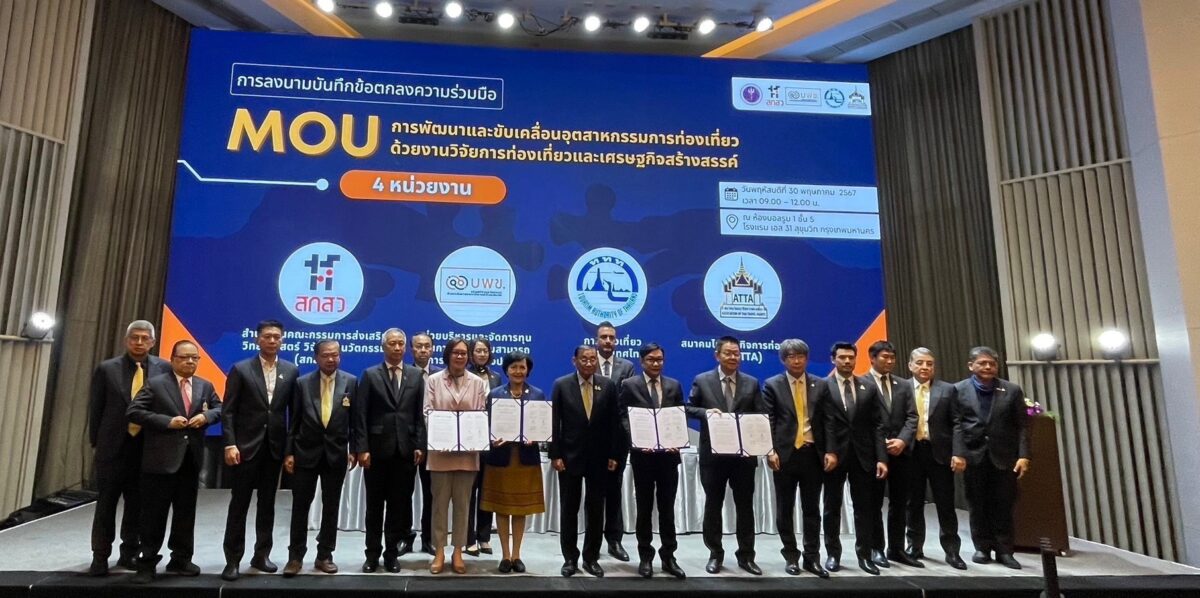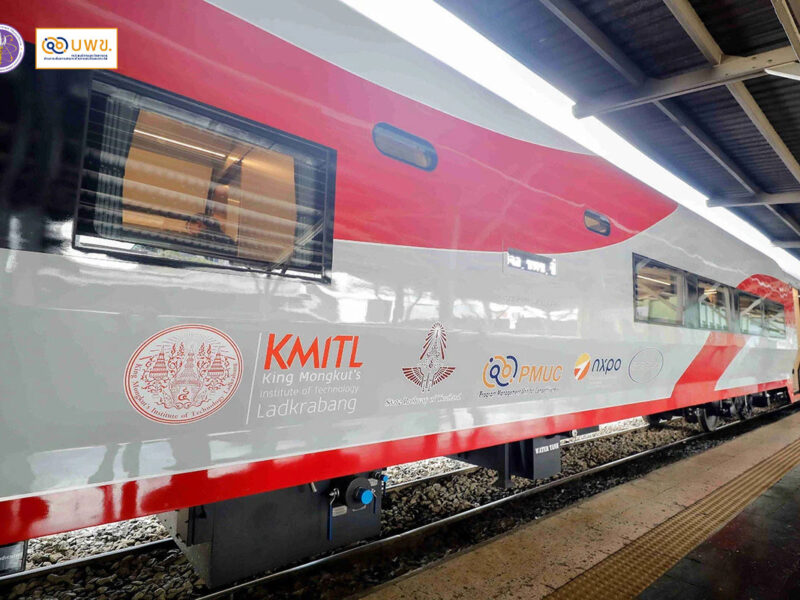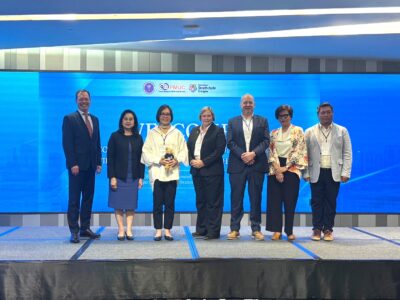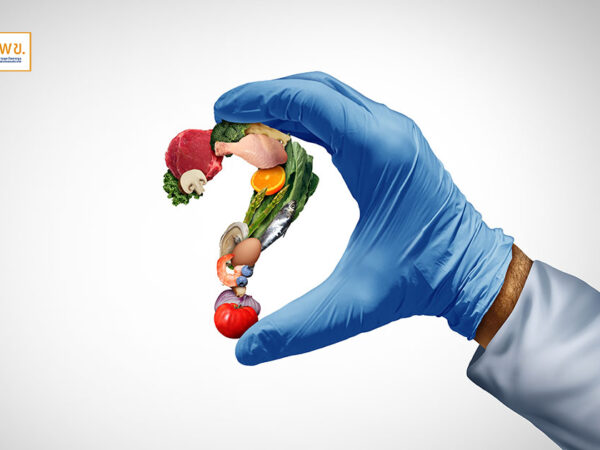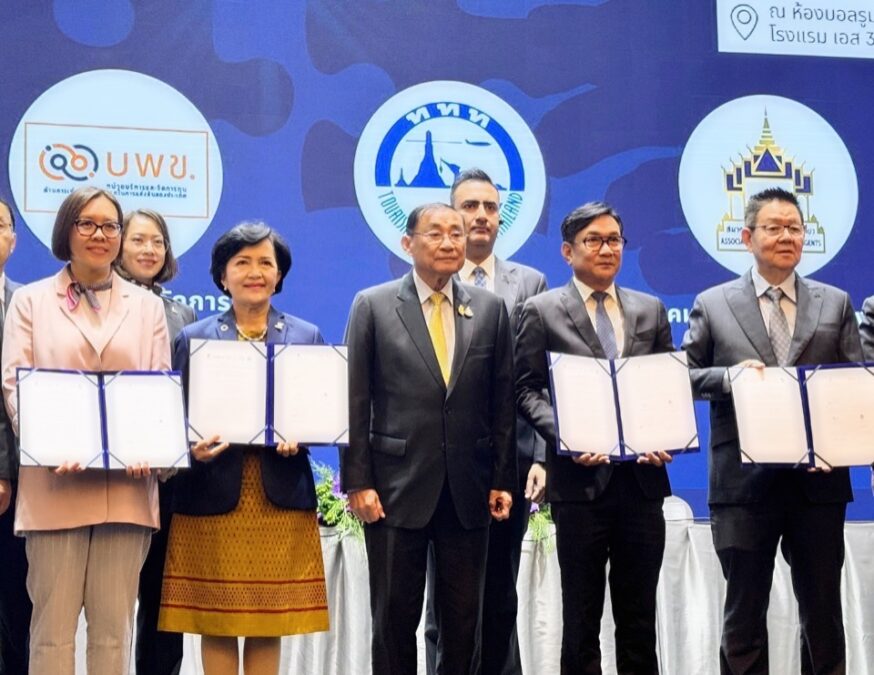
The Ministry of Higher Education, Science, Research and Innovation (MHESI), through the Thailand Science Research and Innovation (TSRI) and the Program Management Unit for Competitiveness (PMUC), in collaboration with the Tourism Authority of Thailand (TAT) and the Association of Thai Travel Agents (ATTA), organized a signing ceremony for the Memorandum of Understanding on “Developing and Driving the Tourism Industry with Tourism Research and Creative Economy.” The four organizations collectively aim to support the development and promotion of the tourism industry and tourism services market using science, research, and innovation to sustainably enhance the capacity of the tourism industry across the value chain based on the country’s resources. This effort aligns with the Science, Research, and Innovation Plan 2023-2027 (SRI Plan) in the area of tourism development and creative economy, following the Bio-Circular-Green Economy (BCG) approach to develop tourism into a high-value, sustainable economy, thereby increasing national revenue.
This collaboration involves the roles and missions of each organization, utilizing the mechanism of supporting research budgets to meet the needs of the private sector, to produce research outcomes that can be practically applied and have a broad impact. The signing ceremony was presided over by Mr. Sermsak Pongpanich, the Minister of Tourism and Sports, at Ballroom 1, 5th Floor, S31 Sukhumvit Hotel, Bangkok, on May 30, 2024.
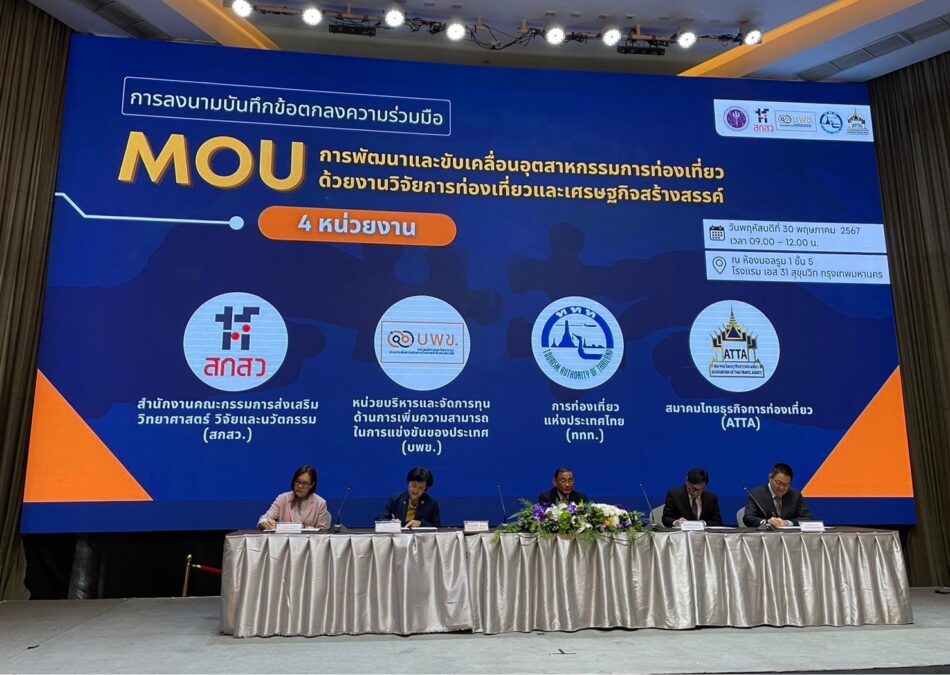
On this occasion, Associate Professor Patamavadee Pochanukul, Ph.D., Director of TSRI, assigned Assistant Professor Supawadee Photiyarach, Senior Specialist of TSRI, to participate as a representative, while Associate Professor Dr. Thongchai Suwansichon, Ph.D., Director of the PMUC, appointed Associate Professor Chalida Barompichaichatkul, Deputy Director of Research Strategy at PMUC, as a representative. Representing the Tourism Authority of Thailand (TAT) was Mr. Apichai Chatchalermkit, Deputy Governor for Tourism Products and Business, representing the Governor of TAT. The Association of Thai Travel Agents (ATTA) was represented by Mr. Sittiwat Cheewarattanaporn, President of ATTA. They jointly signed a memorandum of understanding under the research project on tourism and the creative economy, funded by the Science, Research, and Innovation Promotion Fund through PMUC under the Ministry of Higher Education, Science, Research, and Innovation (MHESI).
Mr. Sermsak Pongpanich, Minister of Tourism and Sports, who presided over the ceremony, stated that the government has a set of policy to generate 3 trillion baht in tourism revenue. The policy focuses on making Thailand a central hub for tourism and promoting “Tourism for All” to accommodate the increasing elderly population in the future. The Ministry of Tourism and Sports has been developing universal design to prepare facilities that can equally accommodate all tourists.
Assistant Professor Supawadee Photiyarach, Senior Specialist of TSRI, representing the TSRI Director, revealed that the tourism industry generated approximately 2.1 to 2.7 trillion baht annually for the country between 2016 and 2019, which accounted for about 18% of the GDP. The government aims to link tourism with soft power through unique Thai identity and charm, leveraging natural and cultural strengths as selling points. Tourists can experience Thai boxing (must beat), Thai food (must eat), Thai culture (must seek), Thai textiles (must buy), and Thai shows (must see). This MOU proposes and supports the development of research knowledge and elevates tourism promotion by the public, private, and academic sectors towards sustainable tourism, focusing on two main points:
- On the Demand Side: Market foresight to adjust business strategies in line with changing Chinese tourist behaviors post-COVID-19, using data from social listening and foresight. This effort will help the tourism and service industries develop products and services that better meet tourists’ needs, leading to increased revenue and tourist satisfaction.
- On the Supply Side: Improving the carrying capacity to reduce overcrowding in major cities like Bangkok, Phuket, Samui, Chiang Mai, and Chonburi by distributing tourists to other areas. Information will be presented via a dashboard to provide the private sector with tools to assess future tourist capacity in different areas.
The distribution of tourists will help reduce congestion in major cities, increase tourist satisfaction, and promote the economy in other areas.
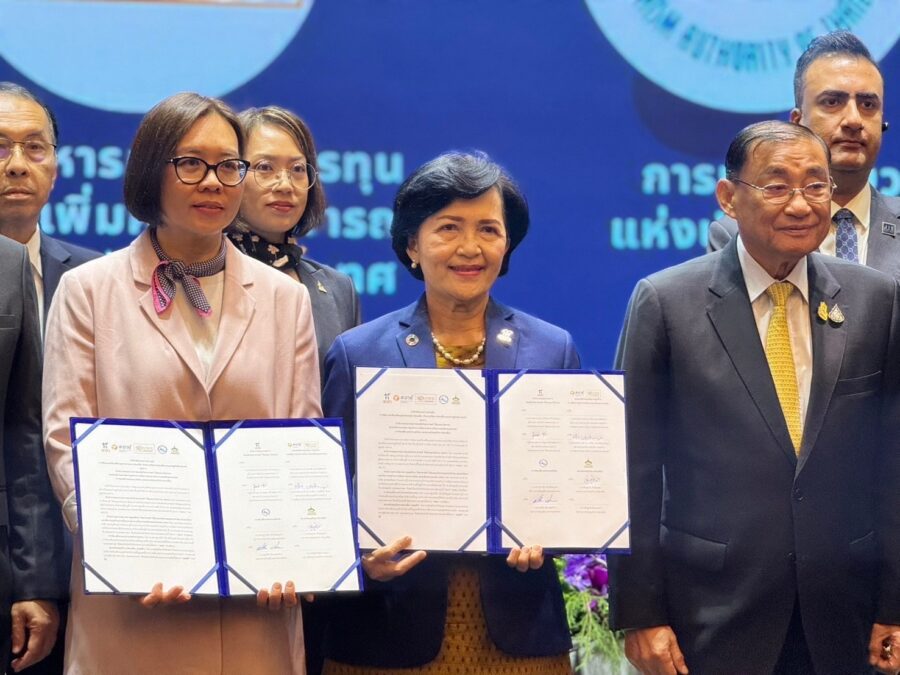
Associate Professor Chalida Barompichaichatikul, Ph.D., Deputy Director of Research Strategy (PMUC), said that PMUC, as the fund management unit overseeing research in tourism and the creative economy, views that in the long term, the expected impacts of this important cooperation are:
- Sustainability of the tourism industry: Tourism in Thailand will become more sustainable in terms of the environment, society, and economy.
- Growth of the local economy: Cities and communities receiving tourists will have more opportunities for economic and social development.
- Increased tourist satisfaction: Tourists will have better experiences in Thailand, leading to an increase in repeat visitors.
Mr. Apichai Chatchalermkit, Deputy Governor for Tourism Products and Business, representing the Tourism Authority of Thailand (TAT), revealed that for TAT, as the governing body driving Thailand’s tourism strategy to create valuable experiences and aim for sustainability, this cooperation demonstrates the collaborative efforts between various agencies in developing tourism policies and strategies that align with market demands and promote sustainable tourism. Additionally, it aligns with the government’s IGNITE Thailand policy, which aims to make Thailand a regional tourism hub.
Mr. Sittiwat Cheewaratanaporn, President of the Association of Thai Travel Agents (ATTA), said that the medium-term goals for the tourism and service industry from this cooperation are:
First, enhancing competitiveness: The cooperation among these four key agencies will help Thailand’s tourism and service industry better adapt and compete in the global market, especially in responding to changing tourist demands.
Second, distribution of tourists: Reducing congestion in major cities and increasing opportunities to develop new tourist attractions nationwide, promoting economic growth in underdeveloped areas.
Finally, developing products and services: Encouraging tourism and service operators to offer high-quality products and services that meet tourist needs, leading to increased revenue and a good reputation for Thailand.
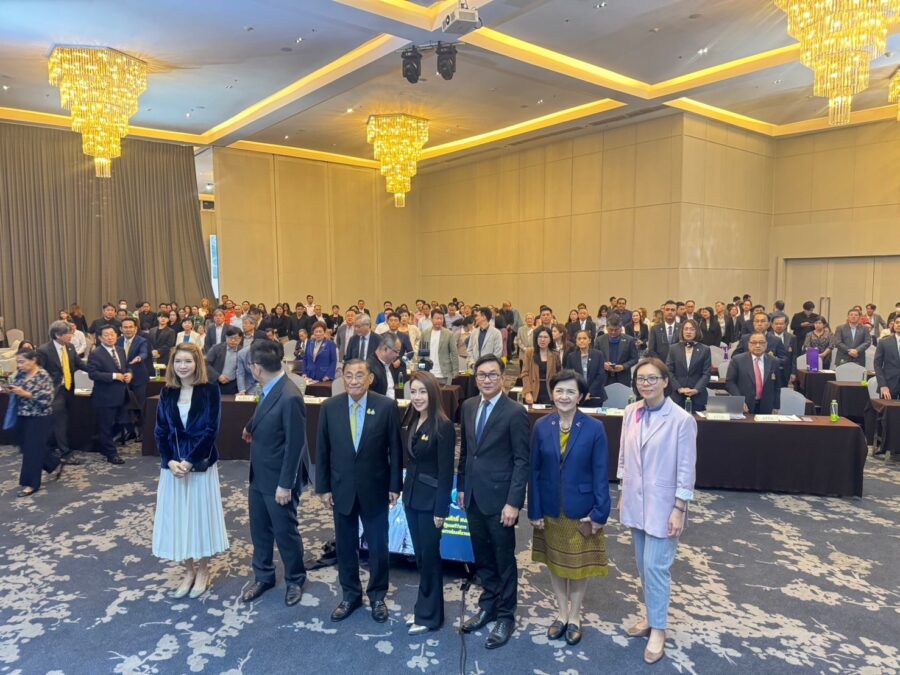
The signing of this memorandum of understanding is another significant step in continuous cooperation between the public sector, including TSRI, PMUC, TAT, and ATTA, following the policy of the Minister of Higher Education, Science, Research, and Innovation (MHESI). Ms. Supamas Issaraphakdee stated, “Private sector leads, government supports.” The private sector, which has the tools and information, can help in planning and adjusting strategies, enabling businesses to better meet tourist demands, reduce risks, and increase growth opportunities. Other tourism associations will also benefit from the information and best practices from this cooperation, which they can adapt to strengthen their associations and members, preparing them to accommodate tourists and develop tourism in the future. This can drive Thailand’s tourism to be sustainable and resilient to changes.
